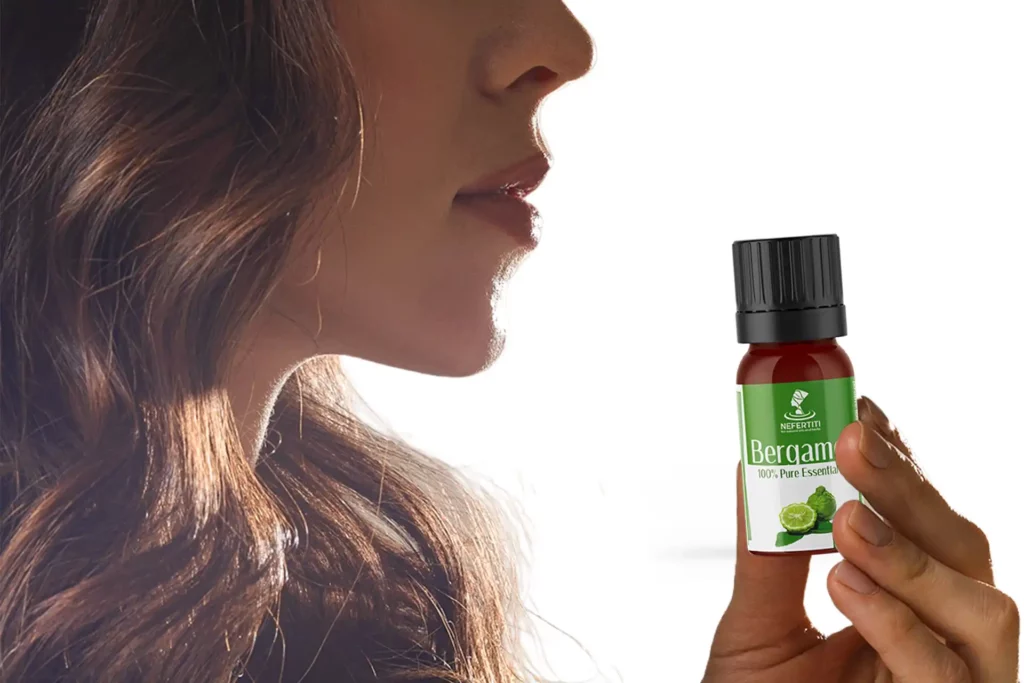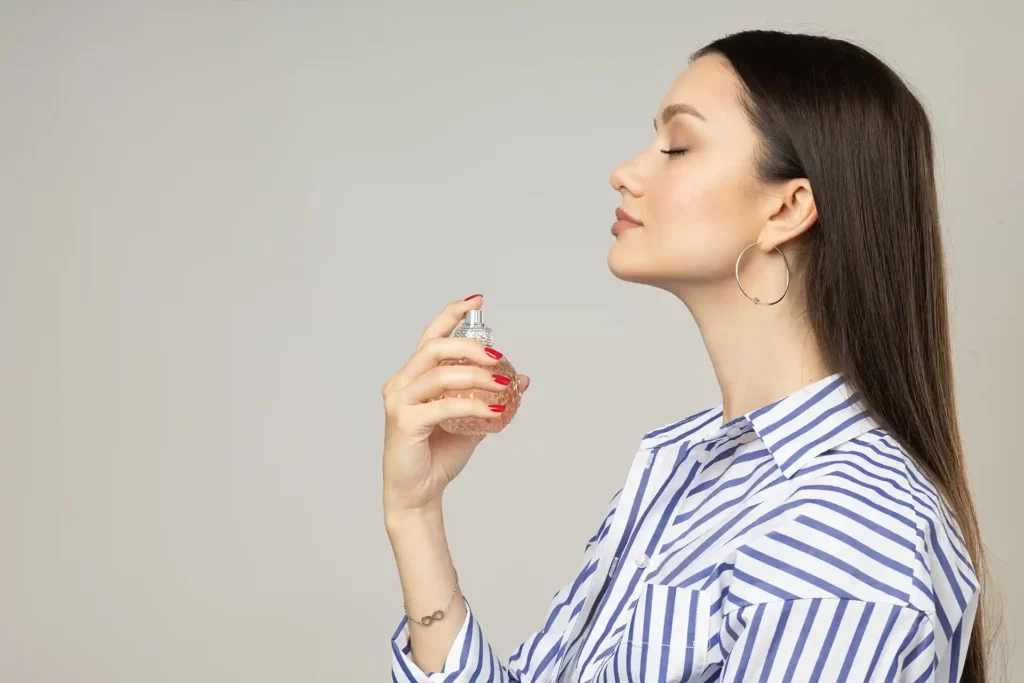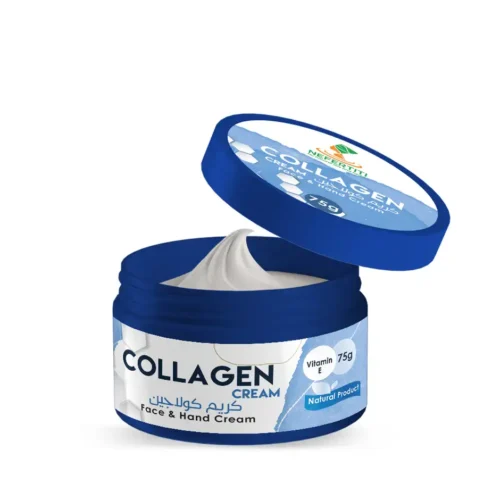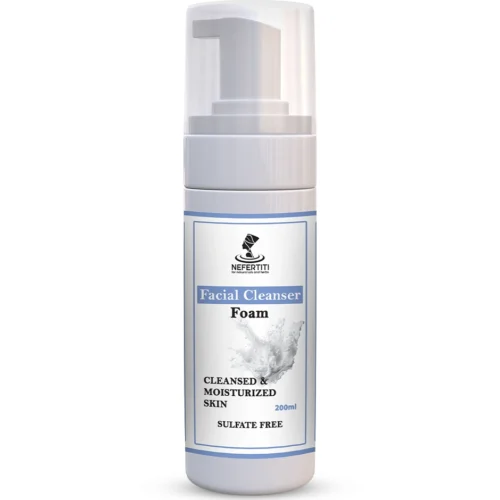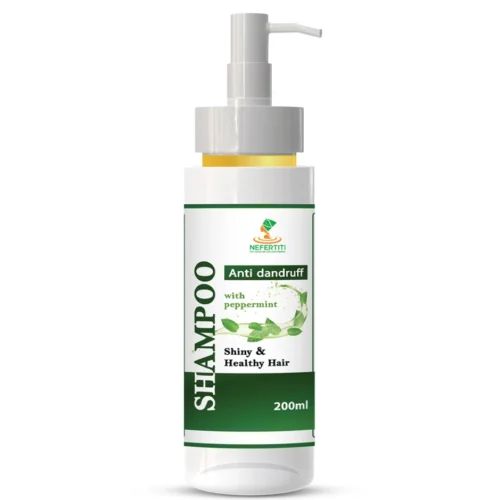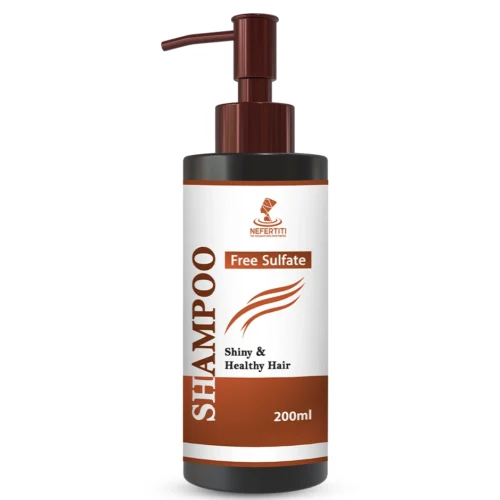The name of this disease comes from the Greek word “eczeo”, which means “to boil,” and this explains the characteristic property of eczematous vesicles (blisters) to burst rapidly, like bubbles of boiling water. Eczema is a chronic, recurrent allergic skin disease. The skin is the largest organ of the human body. It protects the body from injury and infection, regulates temperature, prevents moisture loss, and plays an role in immunity. It is the skin that reacts first in inflammatory processes, which manifest themselves in the form of eczema and atopic dermatitis. People with eczema go through terrible agony. 
Genetics play a decisive role in the onset of eczema. If your parents had hay fever, asthma, or hives, it is likely that you may be diagnosed with eczema. But you can also be the first in the family to have this disease, but not the last.
According to its clinical forms, eczema is divided into a large number of types. Here are some of them, the names of which speak for themselves: occupational, microbial, varicose, seborrheic, contact and true. From the names it is already clear that:
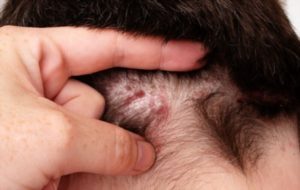 Occupational eczema appears and develops under the influence of industrial allergens.
Occupational eczema appears and develops under the influence of industrial allergens.- Seborrheic eczema often begins on the scalp.
- Varicose eczema occurs against the background of varicose veins and is localized in the lower extremities in the immediate vicinity of varicose ulcers.
- Microbial eczema occurs with a prolonged inflammatory process that was caused by microbes or fungi.
- True eczema arises from completely unexplored external and internal factors. These can be mental trauma, diabetes mellitus, thyroid diseases, vegetative-vascular diseases, and others. Most often it has a chronic form.
Signs of eczema: itching, redness, swelling, the appearance of small blisters, filled with fluid which, when the blisters are scratched, is released onto the surface of the skin, followed by the appearance of scabs.
When treating eczema, first of all, its causes should be eliminated. They are as follows:
 Improper nutrition (fatty, high-calorie, unnatural food, GMO foods, and foods processed with chemicals). Eczema can result from a reaction to certain foods. Very often, children with eczema have an intolerance to certain foods. If you exclude grains or dairy products from your child’s diet, it is possible that their skin condition will improve.
Improper nutrition (fatty, high-calorie, unnatural food, GMO foods, and foods processed with chemicals). Eczema can result from a reaction to certain foods. Very often, children with eczema have an intolerance to certain foods. If you exclude grains or dairy products from your child’s diet, it is possible that their skin condition will improve.- Physical effects on the skin, for example, detergents or perfumes, items of clothing, coarse underwear, a new toy for a child. It is necessary to quickly identify the provocateur of the allergic reaction and get rid of it immediately.
- Excessive daily hygiene procedures. Use special mild products for dry and sensitive skin. Do not take hot showers, use warm water. Do not use oily creams or ointments to heal your skin (at this stage, they will only exacerbate the problem). If you have eczema on your hands, don’t wash your hands too often.
- Scratching the affected areas of skin. The skin in the affected areas can only be stroked, but not rubbed hard or scratched.
 Psycho-emotional disorders and stress. Try to avoid stressful situations, as neurogenic eczema may appear. A great way to improve the well-being of children and adults with neurogenic eczema is a relaxing massage with aromatic oils (without affecting the affected areas of the body). “Calm, not panic!” – the wise statement of Carlson is as relevant as can be here.
Psycho-emotional disorders and stress. Try to avoid stressful situations, as neurogenic eczema may appear. A great way to improve the well-being of children and adults with neurogenic eczema is a relaxing massage with aromatic oils (without affecting the affected areas of the body). “Calm, not panic!” – the wise statement of Carlson is as relevant as can be here.- Diseases of the liver, kidneys, gastrointestinal tract, endocrine or nervous systems.
- As a rule, there is usually more than one of the above reasons.
Eczema is a very unpleasant, but not contagious skin disease. For its treatment, steroids and antihistamines are recommended. But they cannot be used for a long time, as unwanted side effects are possible. Experts recommend: in all cases of eczema, use the help of natural and essential oils, which, unlike corticosteroids, will strengthen the protective functions of the skin and become good adversaries for treating the disease, because they reduce its severity without any side effects.
The most beneficial natural oil for treating eczema is black seed oil.
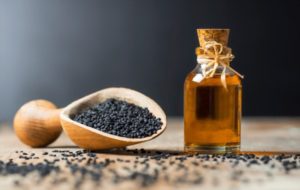 Black seed oil
Black seed oil
. Much has been written about the properties of this oil. This is a unique remedy, in Islam it is considered “a cure for all diseases except death.” It helps in the treatment of many diseases, but in this article we will only look at its effect on eczema treatment. Scientific evidence supports the therapeutic benefits of black seed oil as well as its effectiveness against skin conditions.
It contains vitamins, minerals, fatty acids, alcohols, phenols, phytosterols, phospholipids, esters, carotenoids, catalysts for natural protein biosynthesis, as well as biologically active ingredients such as thymoquinone, thymol, carvacrol, nigellicin, nigellidine, which provide a number of dermatological benefits for the skin, including treating eczema.
This oil has anti-inflammatory, antimicrobial and antibacterial properties, so it counteracts the overproduction of white blood cell count, bacterial growth, helps relieve skin inflammation and prevent local infections. It repairs damaged skin structures, promotes wound healing and prevents further infection. It helps to localize the ongoing inflammatory process and regenerate the skin. Also, black seed oil can control skin reactions such as inflammation and itching associated with eczema. The use of this oil helps prevent eczema by improving the functions of the epidermal barrier, which protects the skin from bacteria and microbes that cause inflammation.
How to use:
For eczema, black seed oil is applied to problem areas of the skin 3 times a day using a cotton swab dipped in oil. For a faster and lasting positive result, black seed oil is recommended to be taken orally 1 teaspoon in the morning on an empty stomach.
Black seed oil therapy should be performed 2-3 times a year.
Natural oils such as shea butter, argan oil and jojoba oil can also be used for eczema.
Shea Butter
Shea butter is rich in vitamins A and E, and saturated fatty acids. It has a powerful moisturizing and anti-inflammatory effect, so it is used to treat very dry skin, eczema and other skin problems.
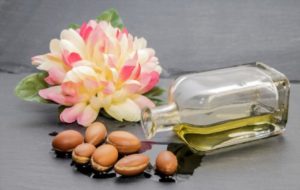 Argan oil
Argan oil
Due to its composition, which is rich in vitamin E and unsaturated fatty acids, this oil promotes the regeneration of damaged skin and helps prevent irritation and dryness of the skin. Thanks to the antioxidant properties of argan oil, it helps repair damaged skin cells and reduces inflammation. Suitable for eczema and psoriasis.
Jojoba oil
Jojoba oil is better known as an ingredient in anti-aging creams. But it is also great for eczema and psoriasis. With anti-inflammatory and antioxidant properties, it helps reduce dryness, flaking, and itching associated with eczema.
You can enhance the effect of natural oils with essential oils. Essential oils are not used in their pure form, they are mixed with base oils (about 3-5 drops of essential oil per 10 ml of base oil). The following essential oils are recommended for eczema:
Tea tree essential oil
It has antifungal, antiseptic and antibacterial properties that help relieve skin irritation and swelling and prevent infection. Reduces allergic reactions, which is useful for occupational eczema that occurs when exposed to industrial allergens. The antifungal properties of this oil are beneficial for seborrheic dermatitis (a chronic form of eczema). It also relieves itchy scalp eczema.
Lavender essential oil
It has bactericidal, antifungal and anti-inflammatory properties, making it ideal for treating skin conditions, including eczema. Lavender oil is versatile. It also helps relieve anxiety, stress, depression, and it helps with neurogenic eczema. On small areas of skin, lavender oil can be used undiluted several times a day until it heals.
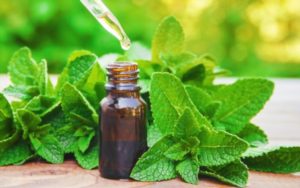 Peppermint essential oil
Peppermint essential oil
It has anti-inflammatory properties, reduces pain and soothes the skin. It has antiseptic, analgesic, antioxidant, bactericidal, resorption and immunomodulatory effects. Peppermint essential oil irritates the cold receptors, which leads to a decrease or even disappearance of itchy skin. The mint scent helps to calm the nervous system, which is also helpful in treating eczema
Clove essential oil
Clove oil contains a large amount of eugenol, a substance that has antiseptic, antibacterial, antimicrobial and anti-inflammatory properties, making it very effective in treating eczema in any location.
Eucalyptus essential oil
Eucalyptus essential oil has a wide range of uses. The main active ingredient of this oil is eucalyptol, which has antimicrobial, antibacterial and anti-inflammatory properties, due to which it is recommended to use eucalyptus oil for eczema to reduce inflammation and pain.
When should you see a doctor?

It should be borne in mind that a bacterial infection can develop with eczema. See a dermatologist if your skin is sore, oozing, or crusty. A doctor will test for infection and prescribe treatment if mild skin care and home remedies don’t work.
But the good news is that people with eczema usually don’t experience these symptoms all the time. Flare-ups of eczema appear when exposed to triggers such as stress, chemical detergents, dust, sweat, and others. Here are some tips on how to avoid these outbreaks:
- Avoid rubbing against skin as much as possible. Do not wear coarse fabrics and wool. Opt for breathable cotton
- Sleep in the cool at night to relieve itching, as heat can itch and dry your skin. Use a humidifier in winter to avoid dryness in the bedroom.
- If your skin itches a lot, try not to scratch it anyway. Cold compresses can be applied to soothe the skin.
- If you have eczema on your hands, try to avoid washing your so often and apply hand cream immediately after washing. Always wear rubber gloves before washing dishes or in contact with chemicals.
- Do exfoliating procedures no more than 2-3 times a month. Especially avoid products with retinol, which are very drying to the skin.
- Don’t over do it. Fatigue and stress can cause eczema to recur. Sleep well, rest, and exercise.
- With a genetic predisposition to eczema, watch your diet and refrain from fatty, sweet, spicy and fried foods; do not visit the spa and sauna; refrain from traveling to countries with hot and humid climates.
- Change your job if you develop occupational eczema.
Eczema is rarely completely cured. It can happen that it resolves itself. We hope that by following our recommendations, you will be more careful with your skin and significantly improve the quality of your life.
references:
https://style.rbc.ru/health/5f0e001b9a7947db84672461
https://www.emcmos.ru/disease/ekzema-simptomy-i-sposoby-lecheniya/https://www.mz19.ru/upload/iblock/d23/ekzema.pdf
https://nsoils.ru/a231429-maslo-chernogo-tmina.html
https://www.amursma.ru/upload/iblock/a02/3a66bdd20c7caecc97e9a1cdfde47641.pdf




